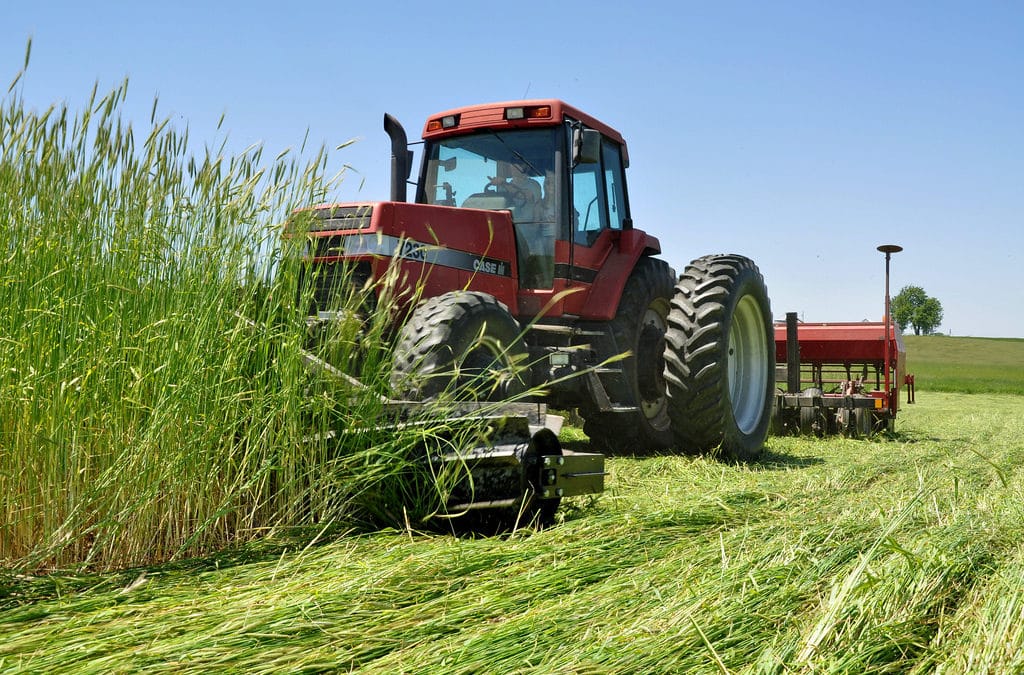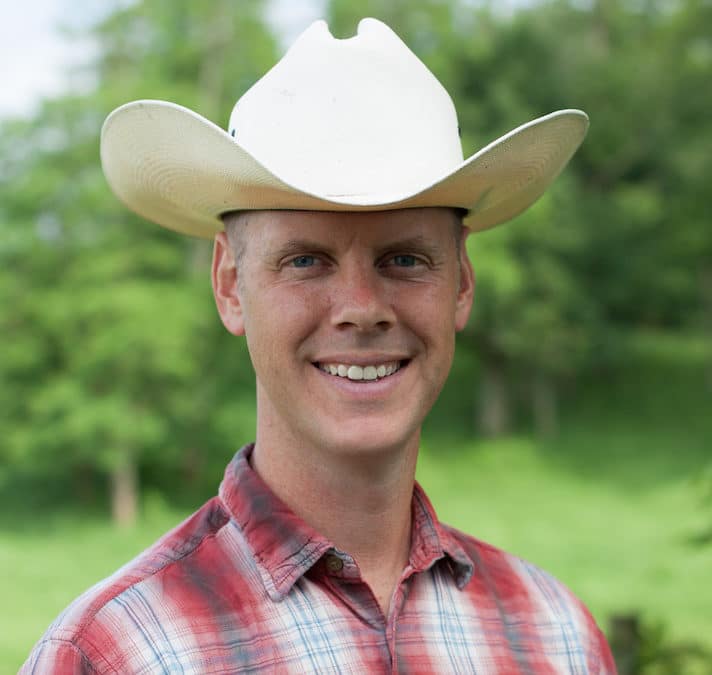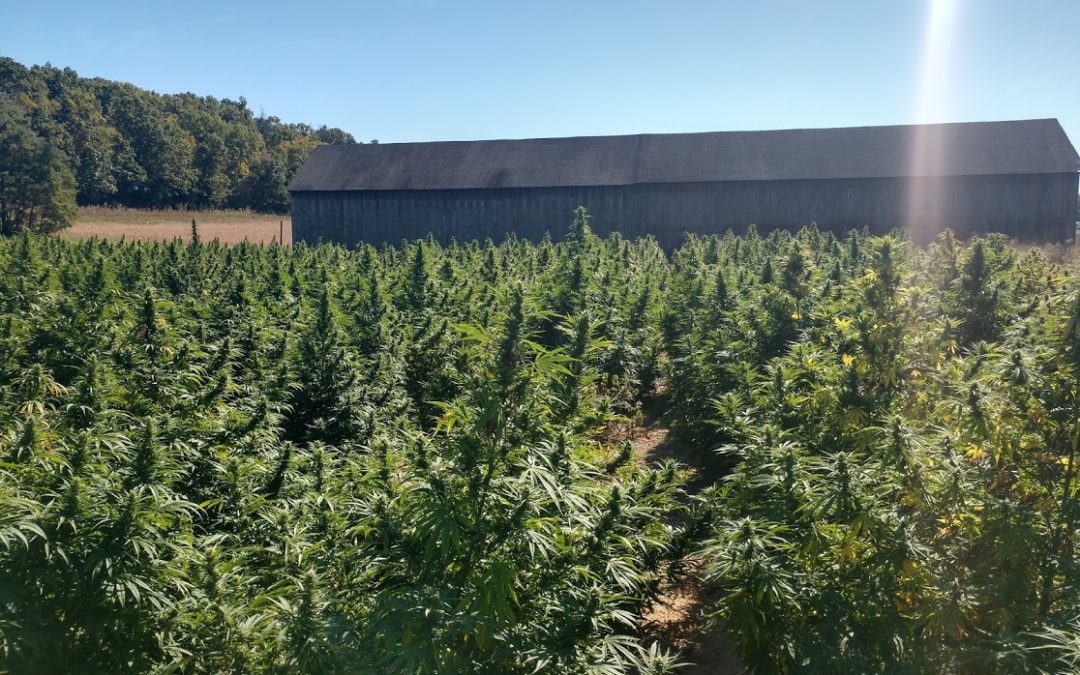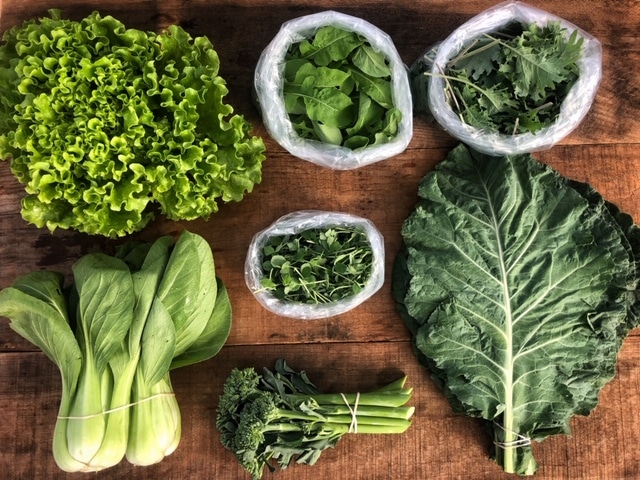
Farmers throughout the United States are facing that need for change as consumers increasingly seek organic products and weather becomes more unpredictable. Moving to an organic no-till system, specifically one that implements the roller crimper, is becoming a popular decision for many farmers.

Putting a price on your farm product is a highly emotional experience for farmers. The price you ask for encapsulates so much more than profit. It includes all the sleepless nights you spent listening to the coyotes howl and wondering if your lambs were safe, that late frost that caught you and your tomatoes off guard, the equipment breakdowns in the field, and the love, care and stewardship you poured into your operation to bring that specific tomato or that pound of ground lamb to your customer.

Plant stress is a condition that can be challenging to understand for many growers. Marijuana growers discovered that if they stress their plants in the last few weeks before harvest, they can induce higher production of THC. But stress in industrial hemp can lead to disaster.

Holistic Planned Grazing is defined as a pillar of regenerative agriculture. It is one of the most beneficial actions to improve ecosystem function, and soil health, on a farm or ranch. However, it is not quite as simple as just adding graziers to the system and expecting beneficial results to be the natural outcome.

“Farming is part of my family history,” said Lola’s granddaughter, Dr. Jennifer Taylor. “Even my great-grandmother was using practices similar to those we use today in sustainable agriculture.”

With grocery store shelves empty in the wake of the COVID-19 pandemic, customers all around the United States are beginning to consider their regional food systems in a new light. That’s where CSA’s come in.








